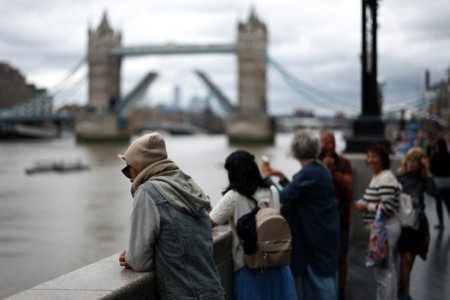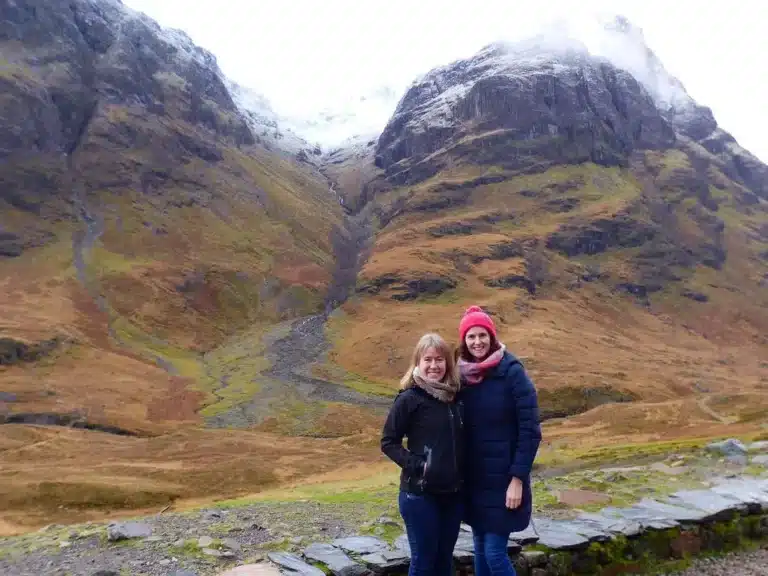
Did you know that if you begin your undergraduate degree over the age of 21, you are considered a mature student?
You are also called a mature student if you sign up for a master’s or PhD degree over the age of 25.
In the UK, half of the mature students are aged between 21 and 24, whereas 40% are over 30.
It is why when Claire Baxter went to study at the University of Glasgow at 37 years old, she was surprised that the Mature Student Association was made up of people in their early 20s.
In fact, in her postgraduate programme, she was the only person in their 30s..
In Australia, it is common for people to work for a while before pursuing a postgraduate degree, but in the UK, Baxter found many master’s students were fresh from graduating with an undergraduate degree.
“They were significantly younger, and sometimes they were talking about pop culture things, and I was like, do I not understand this because I’m not British, or do I not understand this because I’m old,” she quips.
Hailing from Melbourne, Australia, Baxter always longed to do a master’s degree.
After high school, she studied sports management, but in just a year of working realised that this was not the field for her.
She then pursued a BA in History and Archaeology at the University of New England (AU) part-time and completed it over six years.
“I kind of had always intended to go back and do an honours, but just couldn’t face it at that point in time,” she says.
“I thought, you know, I’ll just work for a year, and then I’ll go back, but of course never did.”
Baxter considered going to live in London for a while on what she calls an “Australian’s rite of passage trip,” but she eventually became too old for the visa.
She was happy with her job at Intrepid Travel, a B Corporation Certified global tour operator.
With great team members, being part of a values-led company was very fulfilling.
There were also many opportunities to move within the company, allowing her to develop new skills and grow professionally.
Comfortable in a job she loved, she kept thinking about when she would get the chance to live abroad.
After working for over 10 years in the travel industry, that nagging feeling to pursue a postgraduate degree never left.
“Every time you fill out a survey and they ask you to check your highest level of education, and I couldn’t tick that one,” she says.
“It was just something kind of ate at me a little bit.”
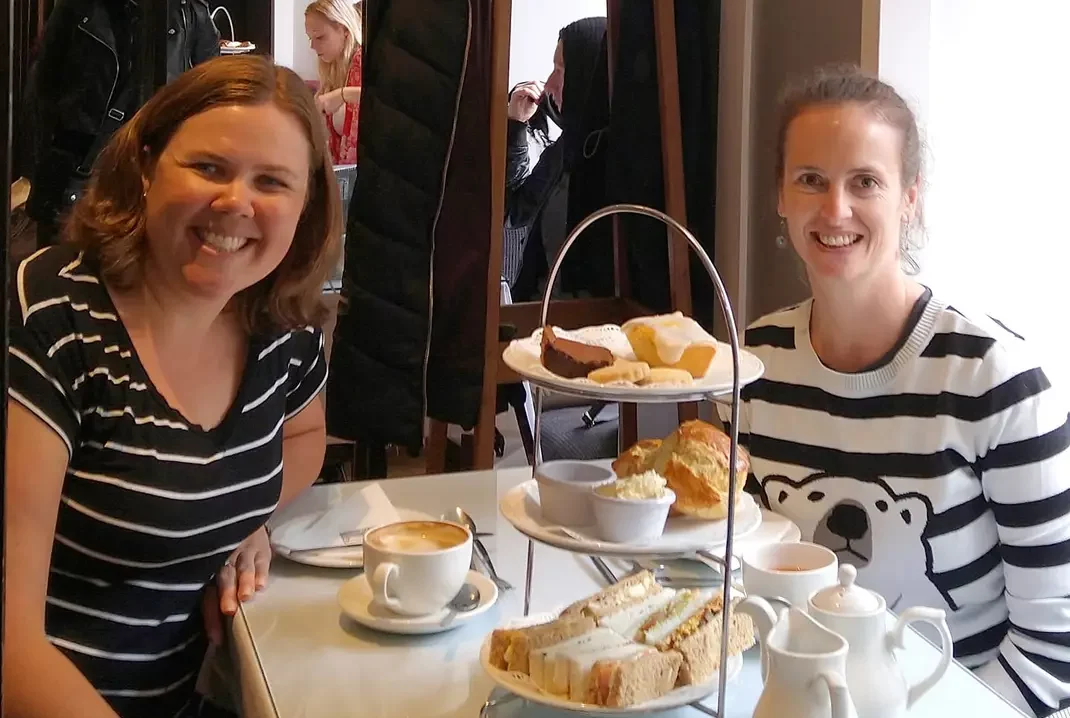
Baxter having high tea in Glasgow with a friend visiting from Australia. Source: Claire Baxter
Fate intervened: Becoming a mature student
There came a point when there were too many signs for Baxter to ignore.
It started with her mother finding an article in the paper about people travelling to Europe for their postgraduate degree because it was free.
With the idea in her head, Baxter began researching a programme she might be interested in.
Upon finding the Master’s in Conflict Archaeology and Heritage at the University of Glasgow, a new hurdle arose: it was not free.
This niche programme in the UK was not free for international (or local) students, but Baxter decided to take the plunge anyway.
“I applied and got in, but I knew I could not justify spending that much money on just a career break,” she says.
“But then they emailed me out of the blue one day and offered a scholarship, so I was like, I’m out of excuses.”
To sweeten the move, her employer was supportive and allowed her to work part-time remotely.
Not only did Baxter manage to avoid expensive tuition fees, but she also maintained a job and had a stable income before setting off to Scotland.
Months before her programme was due to start, the Australian extended a holiday to Egypt and made a pit stop at Glasgow to check out her new city.
“It did snow, and it was April,” she says. “I did have a moment of like, what am I doing?”
Still, there were highlights about the city which outweighed the temperamental weather.
For instance, language would not have been an issue, and she felt that the cultures of the UK and Australia were fairly similar, so getting acclimated would be a breeze.
And so, Baxter set off on her study abroad journey as a mature student in Scotland.
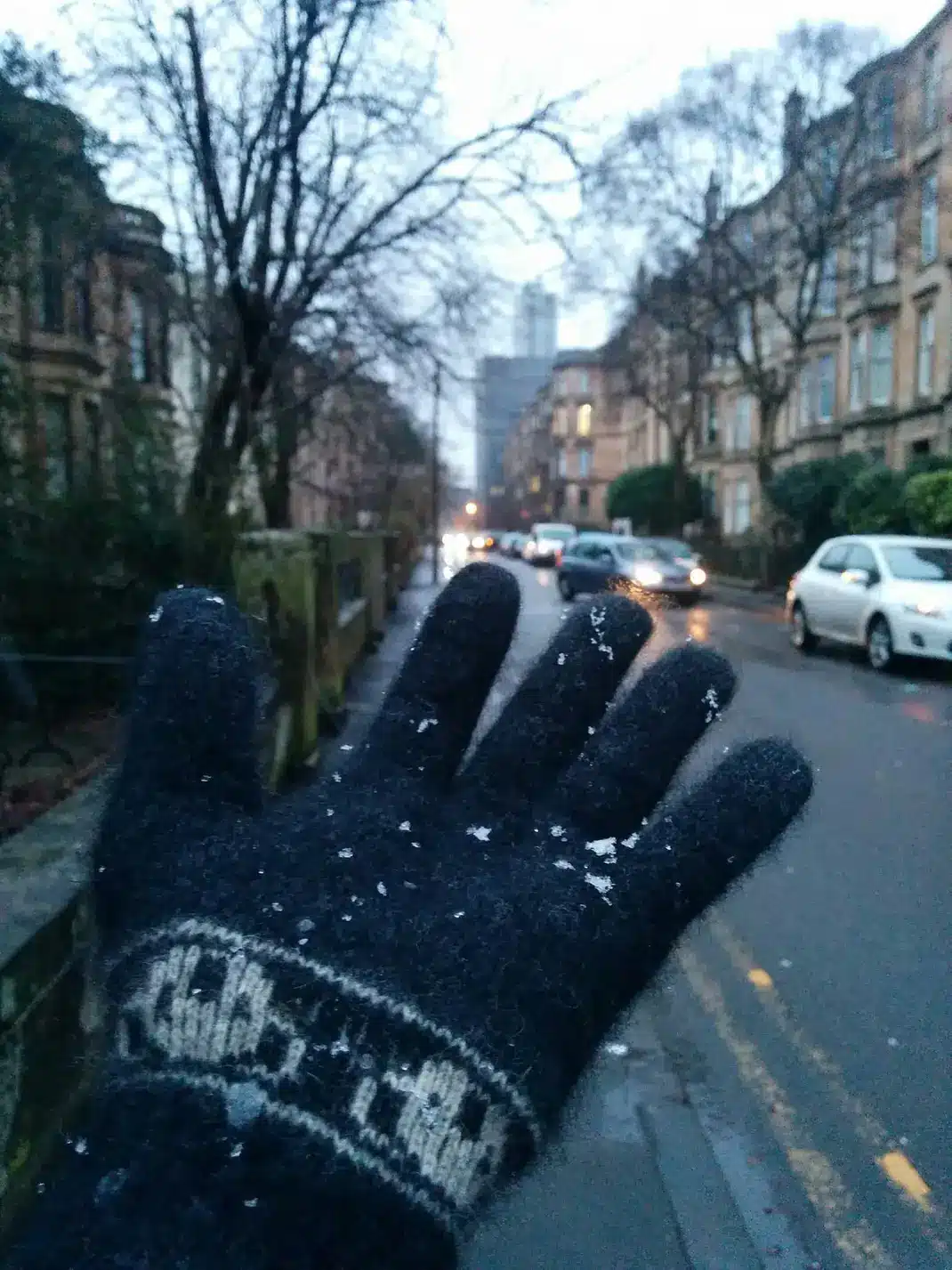
The weather in Glasgow is temperamental and can take time to get used to. Source: Claire Baxter
Studying abroad as a mature student: The good, the bad and the surprising
Arriving in Glasgow a month before the programme kicked off, Baxter thought she had enough time to search for accommodation.
However, at one point, she was moving from one Airbnb to another, paying too much money, and desperately searching for somewhere to live.
Student accommodation was out of the question as dealing with drunk 18-year-olds returning from parties at 3 am sounded horrible to Baxter.
As she would be rising at 6:30 am for her job (to sync with Melbourne time), rowdy morning antics are not welcome.
The other issue was that many apartments did not welcome students because of mortgage insurance.
“It doesn’t matter if you’re an undergrad or postgrad, it doesn’t matter how old you are, and it doesn’t matter how much money you have, just a lot of places had a flat no students rule,” Baxter explains.
While studio student accommodations were available, none had a kitchenette or kitchen access, and she certainly did not want to live off of microwave meals for a year. Plus, she liked cooking.
Not being able to find accommodation snowballed a few other issues: without an address, you can’t register with the doctor, and you cannot apply for a bank account.
She could not even find a flatmate as numerous flatmate finder posts featured age restrictions between 22 and 30.
Eventually, Baxter found a two-bedroom apartment many shied away from as one of the rooms was closed off for storage, and the council tax fee was high.
She only needed one bedroom, and as a student, she was exempt from council tax, so this space was a win-win.
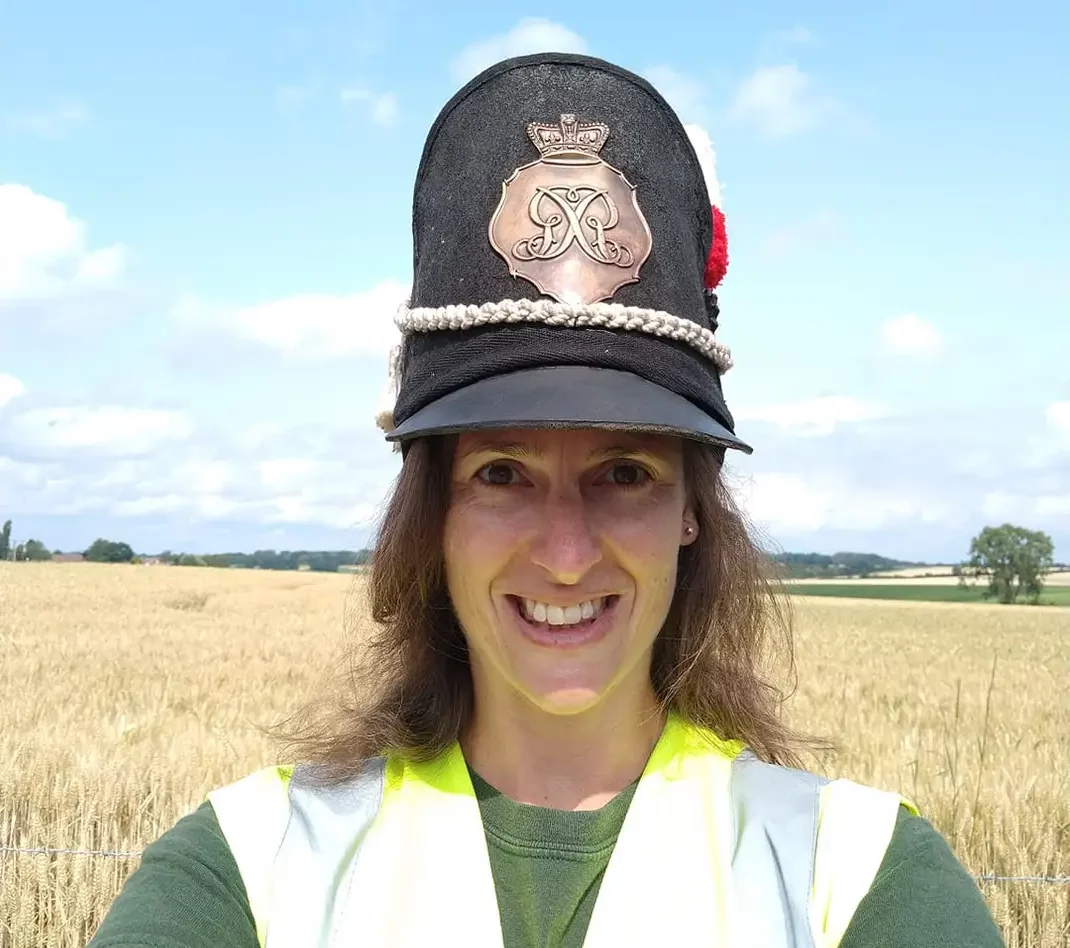
Baxter on an archaeology dig in Waterloo, Belgium. Source: Claire Baxter
Finding accommodation was perhaps the only black spot in her study abroad experience.
Glasgow is a perfect size: big enough that there is much variety, from activities like gigs and performances to vegetarian food options, and small enough that getting to the city centre is easy.
Scenic sights and nature escapes, including Loch Lomond, Glen Coe and Loch Ness, are also in reach.
All of this made it quite similar to Melbourne.
Baxter found the people in Glasgow to be very friendly and helpful, and while the accent was tricky, she got used to it in time.
The weather in this Scottish city is infamous for changing every five minutes. In fact, there’s a running joke that you can experience all seasons within five minutes.
December’s winter gets challenging as it gets dark early. It was also tough as Baxter was not home for Christmas.
This is where being a mature student really came in handy.
“It started to get a little depressing for weeks around there, so I went to Portugal for Christmas,” she says.
“I was really glad that I had done this at a slightly older age, and I did have a proper job because I could afford to take advantage of that kind of stuff.”
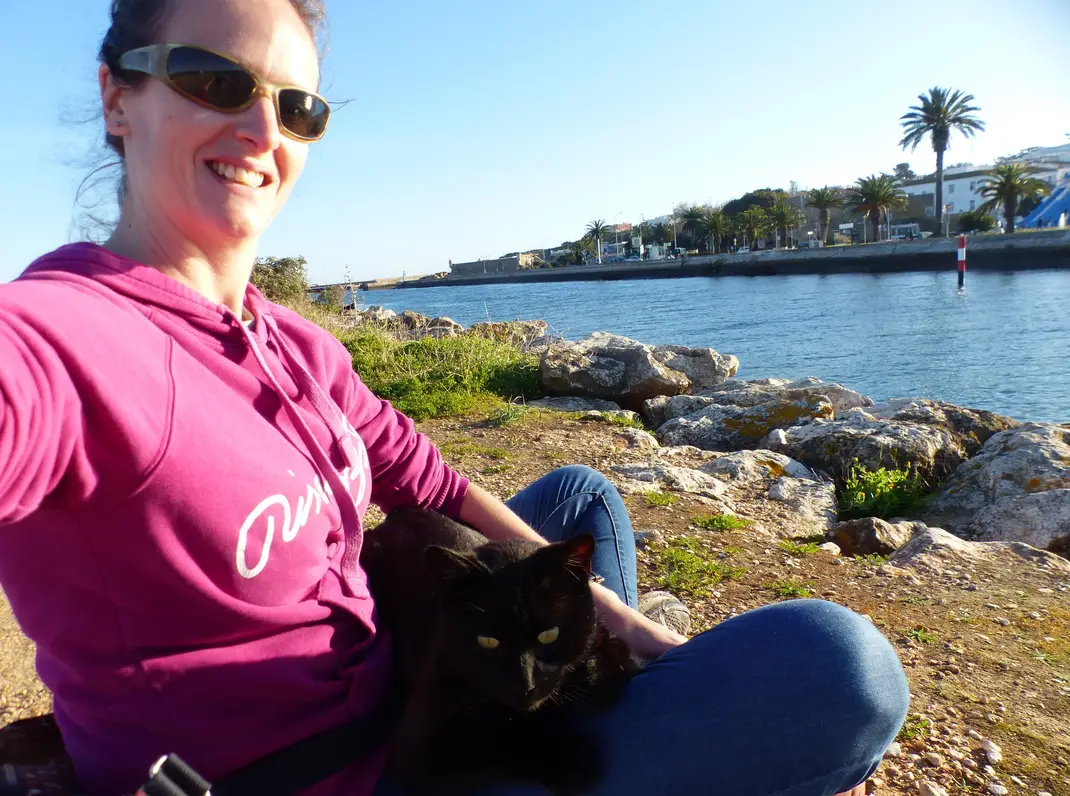
Baxter took a trip to Portugal to escape the dreary winter in Glasgow. Source: Claire Baxter
Studying abroad as a mature student: Making friends and learning something new
Baxter had been living on her own for many years, so living on her own in a foreign country did not impact her the same way it would someone who moved after staying with their parents.
She did not rely on the university to make friends. In fact, Baxter joined fun activities to meet people, including hiking groups, dance classes and even the circus school.
While the five other people in her programme were in their mid-20s, she still got on well with them. It did help that the many field trips brought them closer together.
Baxter still keeps in touch with many of the friends she made.
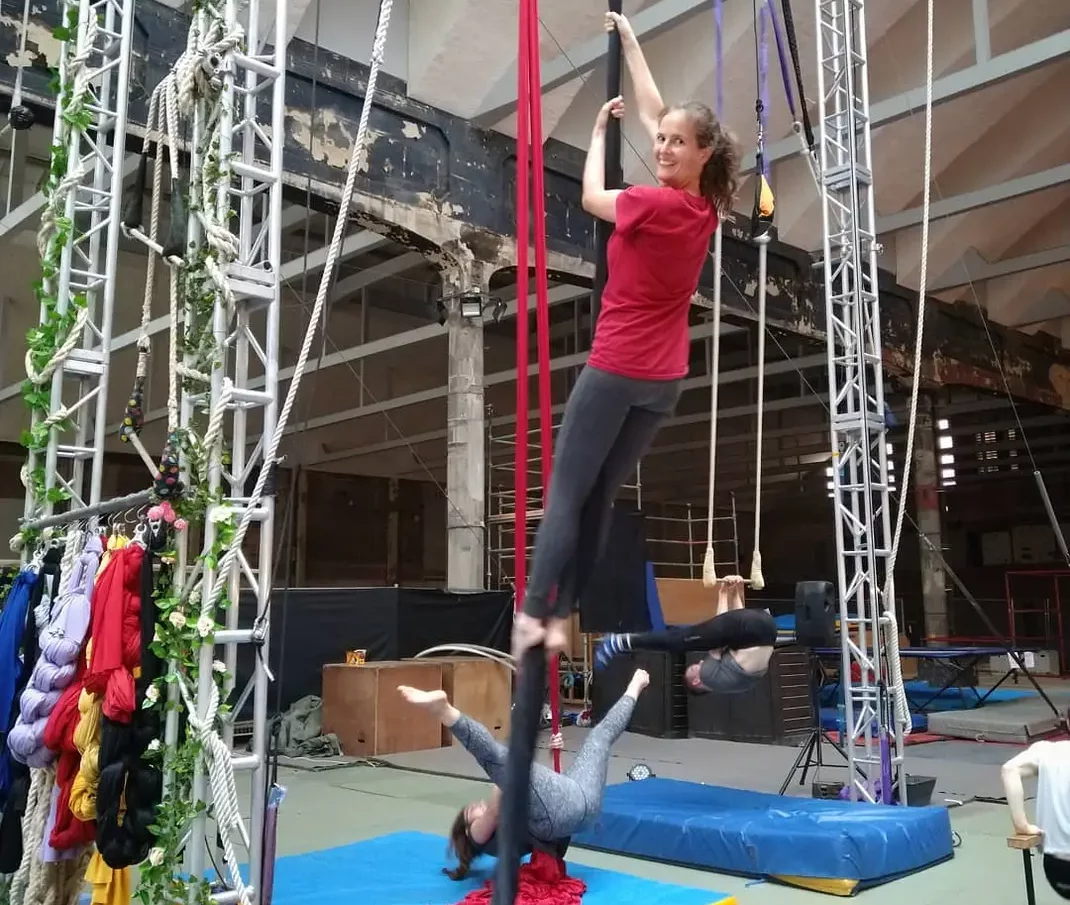
Baxter made friends by joining different activities. This is her at circus training. Source: Claire Baxter
While the Master’s in Conflict Archaeology and Heritage did not have much to do with her profession, this “career break” allowed her to explore personal growth.
The programme explores complex sites like battlefields, prisoner-of-war camps and any space associated with war and conflict.
It was the side of archaeology that Baxter was most interested in and was lucky enough to go on field trips to Culloden, Bannockburn and even Waterloo in Belgium.
“I wrote my dissertation about communist statues and taking them down and whether we could maybe do the same thing wherever we’ve got kind of slavery-related or colonial statues,” Baxter explains.
Reconnecting with academia taught her a lot about herself, what she liked doing and what she was good at. More specifically, it was the skills that she most liked using.
“Doing the dissertation, I think, was a huge confidence boost as it was all on me,” she says.
“After having done all that work and knowing it was 100% my own work, I was like, ‘aww, I’m actually a capable human,’ this is cool.”
While initially, she submitted well-written and researched but standard essays, by thinking outside the box and pushing the boundaries in other work, Baxter truly excelled.
Taking a few risks paid off.
After graduation, Baxter travelled for six weeks before returning home to Melbourne.
Today she is the Senior Data Operations Manager at Rome2Rio handling transport data and information for Africa, Asia Pacific and the Middle East.








